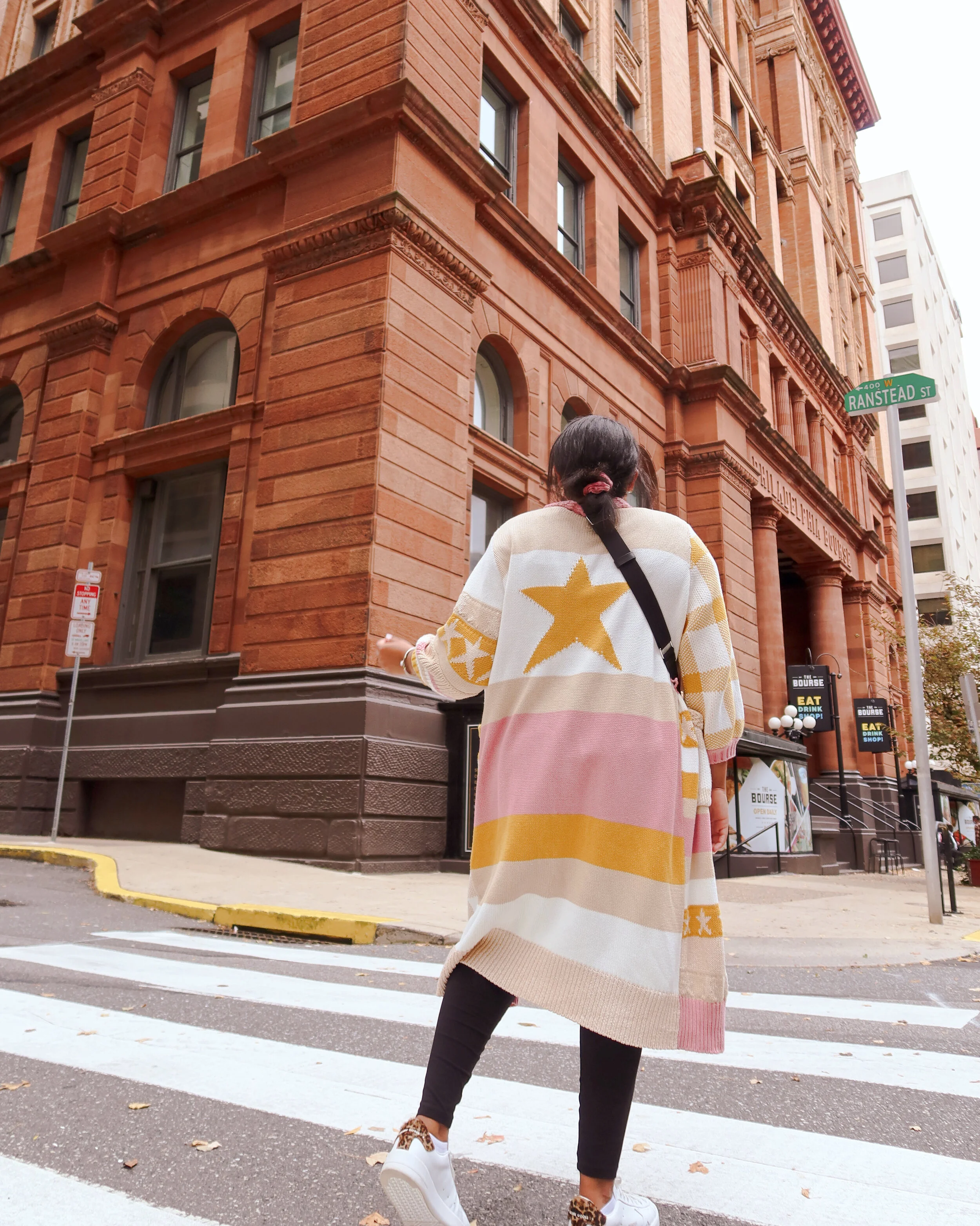a letter to my younger self: so where are you from?
to younger maya,
right now, your biggest concerns are probably spelling big words like “antidisestablishmentarianism,” (thanks, Dad), making sure you know all of the NBA teams (again, thanks, Dad), perfecting fool’s mate in chess (and for a third time, thank you, Dad), and practicing something enough before your next piano lesson to both satisfy mom AND avoid the hand slaps from your instructor, who was definitely asleep but heard your wrong note anyway. but at this strange point in your young life, you’ve already been faced with something far more concerning than half-asleep-instructor and her hand slaps: racism!
*side note for anyone reading this: I was clearly, a very cool kid.*
by now, you are aware that most children in your pre-k did not look like you, none of your neighbors do, and a small handful of girls at your new school share your complexion. unfortunately, you will get used to being the only Black person in the room. you will get used to all eyes turning to you when the topic of slavery comes up, and you’re asked to speak on behalf of, well, all Black people to ever exist; though it will take you years to fully unpack how that impacted you.
you will forever be grateful for the fact that you went to a pre-k/kindergarten that taught you about diverse cultures, that parents were willing to come in on special holidays and explain to our class about why it was special, bring any relevant food, and teach us about traditional dress. you will be grateful for this - because as an adult you’ll realize how many of your contemporaries have no idea how not to practice cultural appropriation.
so i’ve decided to write you a series of letters. things I wish that I knew back when I was your age. ways I wish we would’ve responded to conversations. things we’ve learned over time about the world, about our culture, about us.
for letter #1, let’s talk about being Black…but also being African-American. because: you can be Black and not African-American, which is something a lot of people don’t realize.
a conversation that will follow you throughout life:
anyone: so where are you from?
me: oh! from like right outside of philly!
them: no like where are you from from?
me: …still right outside of philly.
them: no I mean in…*whispers*: Africa.
me: yeah I don’t…I don’t know.
them: how do you not know?
me (in my head): well, slavery.
-but you will eventually, at age 24, find out that the answer is: Nigeria. thanks, 23 & me!
Did you know what the person meant the first time they asked you where you were from? Yes. So why do you ask them again? To give them one more chance to think about what they’re asking me. Being Black is beautiful and complex. Especially when you’re also American. As with many of my Black peers, tracing ancestry can be confusing, difficult, and quite frankly, it can bring up some terrible truths you didn’t want to know. The “where are you from," question is one that most minorities face. It’s also hard for people who were say, adopted, and don’t know their biological parents. But with a complex history of systemic racism and you know, slavery, it can be even more difficult for Black Americans to pinpoint the country of their lineage’s origin. For example, I know that my great-great-great grandfather was a slave master, my great-great grandfather was born into slavery, and well…now they rest of us are here.
Great-great-great grandfather. That wasn’t that long ago when you think about it. Even less so when you think about his son, my great-great grandfather, who was literally born as an enslaved human being.
While sharing your heritage can be a simple answer, for some of us, it’s a bit more loaded and complicated. For you, little me, it’s the latter. Though you have a better grasp on your ancestry now, through discussions with your relatives, family photo albums, and yes, things like ancestry.com and 23 & me, answering the “where are you from” question will forever be something that doesn’t necessarily have a straightforward answer. As a Black woman in this country, your roots run deep, strong, and wild in several directions. The important thing is that you are constantly learning and understanding your own complex history. But remember that it is not on you to have to explain this story every single time you’re asked the question, and that if someone isn’t satisfied with “yeah I’m from right outside of philly,” and really needs to know more, you can now refer them to this blog post.
with love,
older, wiser, and still definitely just as much of a big-word-loving, team-naming, chess-playing, piano-playing dork: maya



